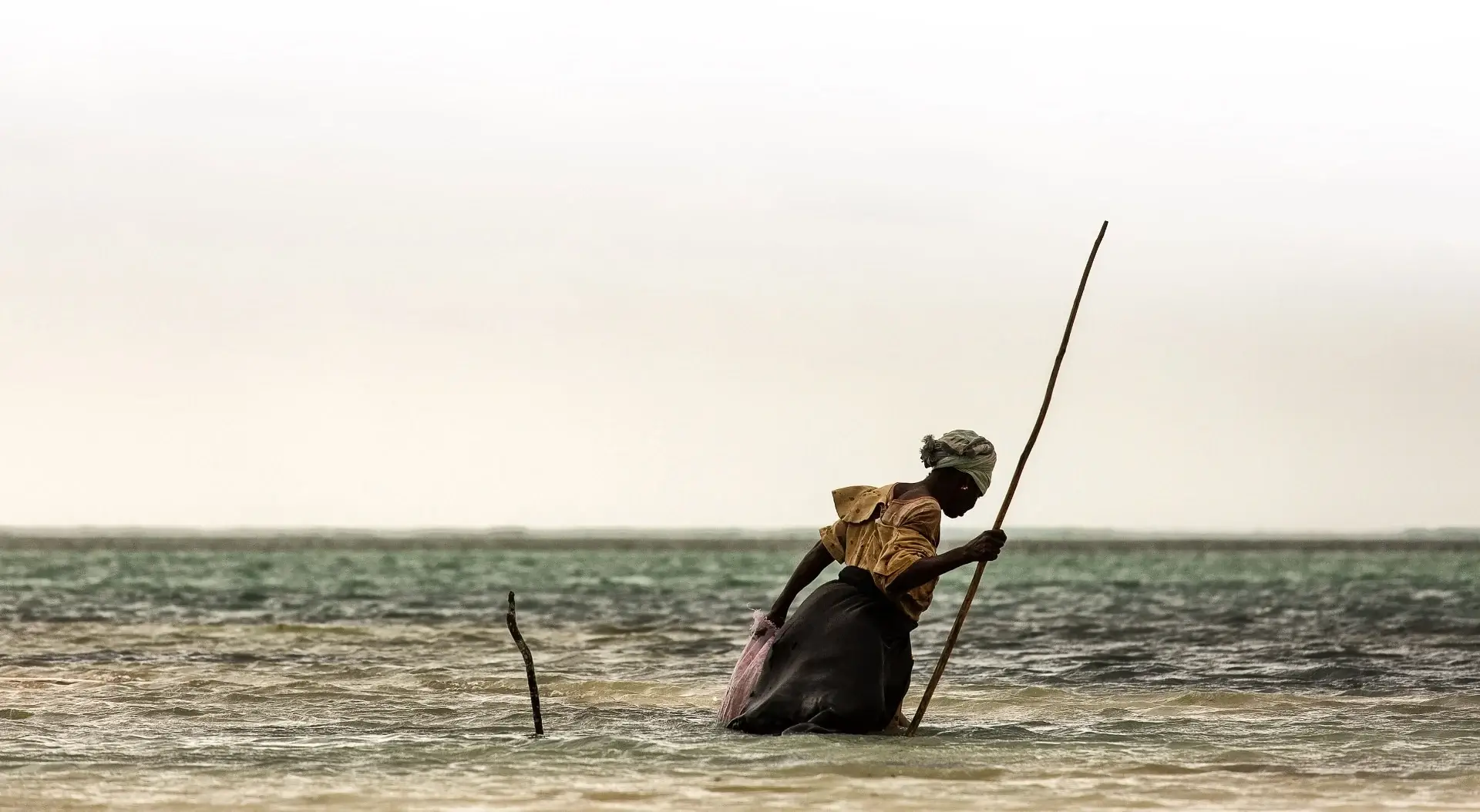Discover the profound impact rivers have had on shaping culture and media in our modern society.
The Historical Significance of Rivers in Culture
Rivers have played a significant role in shaping culture throughout history. They have served as a source of life and sustenance for civilizations, providing water for drinking, irrigation, and transportation. Many ancient civilizations, such as the Egyptians and Mesopotamians, settled along the banks of rivers like the Nile and the Tigris-Euphrates, harnessing their power and utilizing their resources.
Moreover, rivers have often been the center of trade and commerce, facilitating the exchange of goods and ideas between different regions. They have acted as natural highways, allowing people to travel easily and connect with distant cultures. The historical significance of rivers in culture cannot be overstated, as they have shaped the development of societies and influenced the way people live and interact with each other.
Rivers as a Source of Inspiration for Art and Literature
The beauty and majesty of rivers have long been a source of inspiration for artists and writers. Throughout history, painters have captured the serene landscapes and flowing waters of rivers in their artworks, conveying a sense of tranquility and awe. Writers, too, have often turned to rivers as symbols of life, change, and the passage of time.
In literature, rivers have been depicted as metaphors for the journey of life, with their currents representing the ever-changing nature of human experiences. They have been used to explore themes of growth, transformation, and the search for meaning. From Mark Twain's iconic novel 'The Adventures of Huckleberry Finn' to Joseph Conrad's 'Heart of Darkness,' rivers have served as powerful symbols and settings that resonate with readers on a deep level.
The Role of Rivers in Mythology and Folklore
Rivers have always held a special place in mythology and folklore. In many cultures, rivers are believed to be sacred and inhabited by powerful deities or spirits. They are often associated with creation, fertility, and purification. For example, in Hindu mythology, the river Ganges is considered a goddess and is revered for its purifying properties.
Rivers have also been featured in numerous myths and legends, serving as important settings and plot devices. They have been depicted as gateways to other realms, as boundaries between the mortal and divine, and as sources of supernatural powers. The stories and beliefs surrounding rivers in mythology and folklore demonstrate the deep cultural significance and spiritual connection that people have with these natural wonders.
Rivers as Cultural Symbols and Icons
Rivers have become cultural symbols and icons in various societies around the world. They represent not only the physical presence of flowing water but also the values and identity of a community. For example, the Mississippi River is often associated with American history and culture, symbolizing the spirit of exploration, adventure, and freedom.
In addition, rivers have been used as landmarks and symbols of specific regions or countries. They are often featured in national anthems, literature, and visual arts, becoming iconic representations of a nation's heritage. The cultural symbolism of rivers reflects the deep emotional and psychological connection that people have with these natural landmarks.
The Influence of Rivers on Music and Film
Rivers have had a significant influence on the world of music and film. Countless songs and compositions have been inspired by the beauty, power, and symbolism of rivers. From classical pieces like Johann Strauss II's 'The Blue Danube' to popular songs like Creedence Clearwater Revival's 'Proud Mary,' rivers have been a recurring theme in music, evoking a range of emotions and narratives.
Similarly, rivers have been featured prominently in films, often serving as important settings or symbols. They have been used to enhance the visual storytelling and create a sense of atmosphere and depth. Whether it's the iconic river journey in 'Apocalypse Now' or the poetic exploration of the river in 'The River' by Jean Renoir, rivers have played a crucial role in shaping the cinematic experience and adding layers of meaning to the narrative.
Share this
You May Also Like
These Related Stories

Revolutionizing Harbor Cleanup: The Story of Mr. Trash Wheel in Baltimore

Nile River: Treasure of Past, Present, and Future

